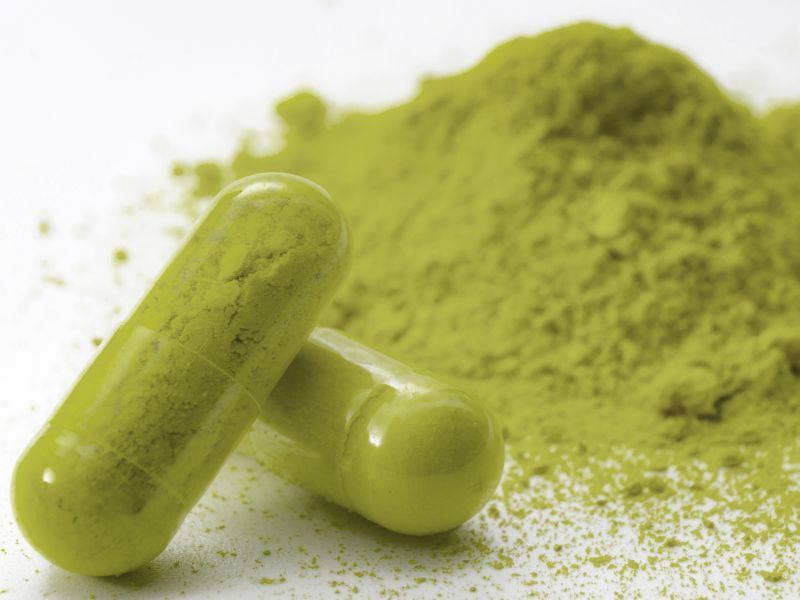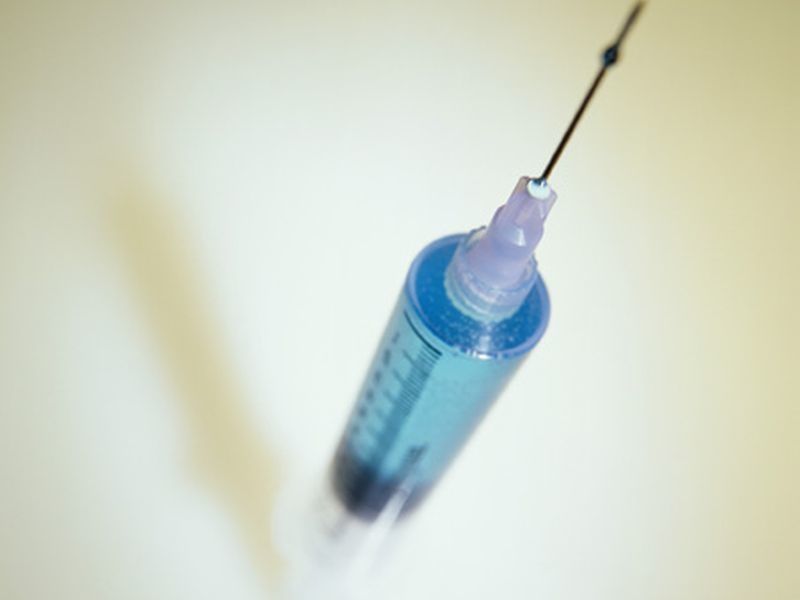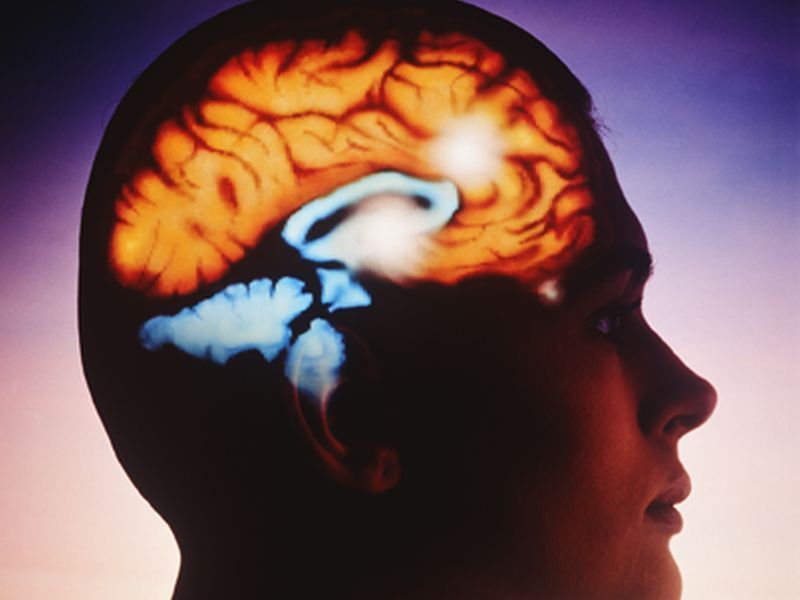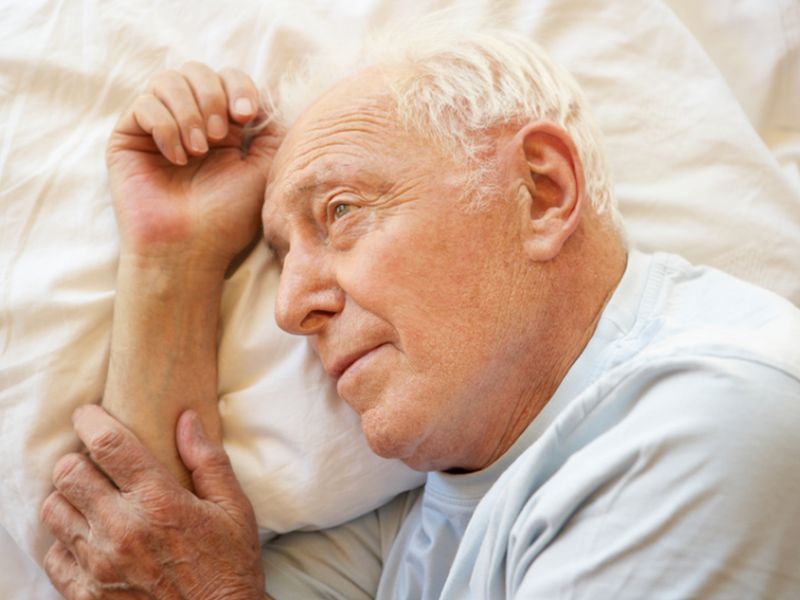CBD: How Much Pain Relief Is Real and How Much Is Placebo?
THURSDAY, April 29, 2021 (HealthDay News) -- CBD is all the rage, and millions of people are turning to it for a host of reasons, including pain relief.
But despite CBD's popularity and widespread use, new research finds it's actual benefits are less clear.
The bottom line? CBD -- and your expectations about whether it will help (the "placebo effect") -- can make pain feel less bothersome, but it doesn't appear to reduce pain intensity.
"CBD-induced pain relief is not just driven by psychological placebo effects, but also pharmacological action," explained study author Martin De Vita, a researcher in the psychology department at Syracuse University, in New York. "It's a little bit of both."
CBD, or cannabidiol, is usually derived from hemp, a cousin of the marijuana plant, but unlike THC (delta-9-tetrahydrocannabinol) — the active ingredient in marijuana — CBD won't get you high.
In the new study, 15 healthy, pain-free volunteers participated in experiments involving their response to heat before and after receiving pure CBD oil. To tease apart the real versus placebo effect, the researchers told participants that they got CBD when they actually got a placebo, or vice versa, and conducted the experiments again.
"CBD and expectancies reduced the emotional component of pain, or how 'unpleasant' it felt," De Vita said. "Although the pain sensation was not completely eliminated, participants felt that it was less bothersome."
The body's central nervous system has its own processes to dampen pain based on information about when (temporal processing) and where (spatial processing) the pain is happening, he explained. "Expectancies alone enhanced temporal pain inhibition, and CBD and expectancies both enhanced the spatial pain inhibition independently, but not when combined," De Vita said.
Now, the researchers hope to look at how CBD affects pain perception in people with different pain conditions, he noted.
The study was published online recently in Experimental and Clinical Psychopharmacology.
The researchers chose a pure CBD oil for the study. "Commercially available CBD products differ in their content and purity, so results might be different for different CBD products, depending on what other compounds they may or may not contain," De Vita stressed.
Kevin Boehnke, a research investigator in the anesthesiology department and the Chronic Pain and Fatigue Research Center at the University of Michigan, in Ann Arbor, agreed.
It's buyer beware when it comes to choosing CBD products. "If you live in a state where marijuana is legal, medical dispensaries often have pure CBD products," Boehnke said. "If not, choose a brand from a reputable company with a third-party seal of approval that willingly shares their Certificate of Analysis (COA)." This document provides results of any testing of the supplements, he explained.
Unfortunately, the flood gates are already open when it comes to CBD, and science has a lot of catching up to do, said Boehnke, who was not involved in the new study.
"This is an interesting small pilot study that does show that both placebo and drug effects are playing a role in how CBD affects pain," he said. Still, Boehnke cautioned, this study was conducted in healthy volunteers so it can't tell us much about how or if CBD affects people with actual pain disorders.
More information
Learn more about the risks and potential benefits of CBD at the U.S. Food and Drug Administration.
SOURCES: Martin De Vita, researcher, psychology, Syracuse University College of Arts and Sciences, Syracuse, N.Y.; Kevin Boehnke, PhD, research investigator, department of anesthesiology and Chronic Pain and Fatigue Research Center, University of Michigan, Ann Arbor; Experimental and Clinical Psychopharmacology, April 22, 2021, online
This article: Copyright © 2021 HealthDay. All rights reserved.
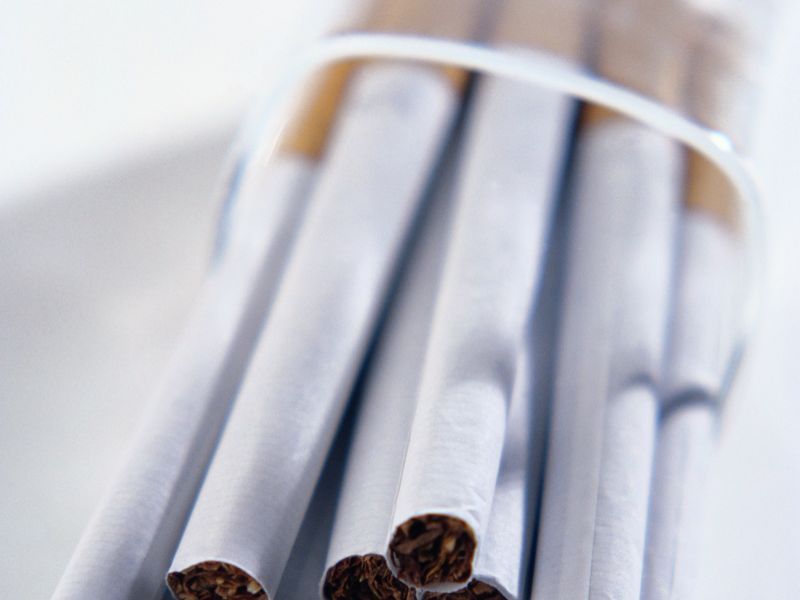


All Rights Reserved | The Oasis Group


